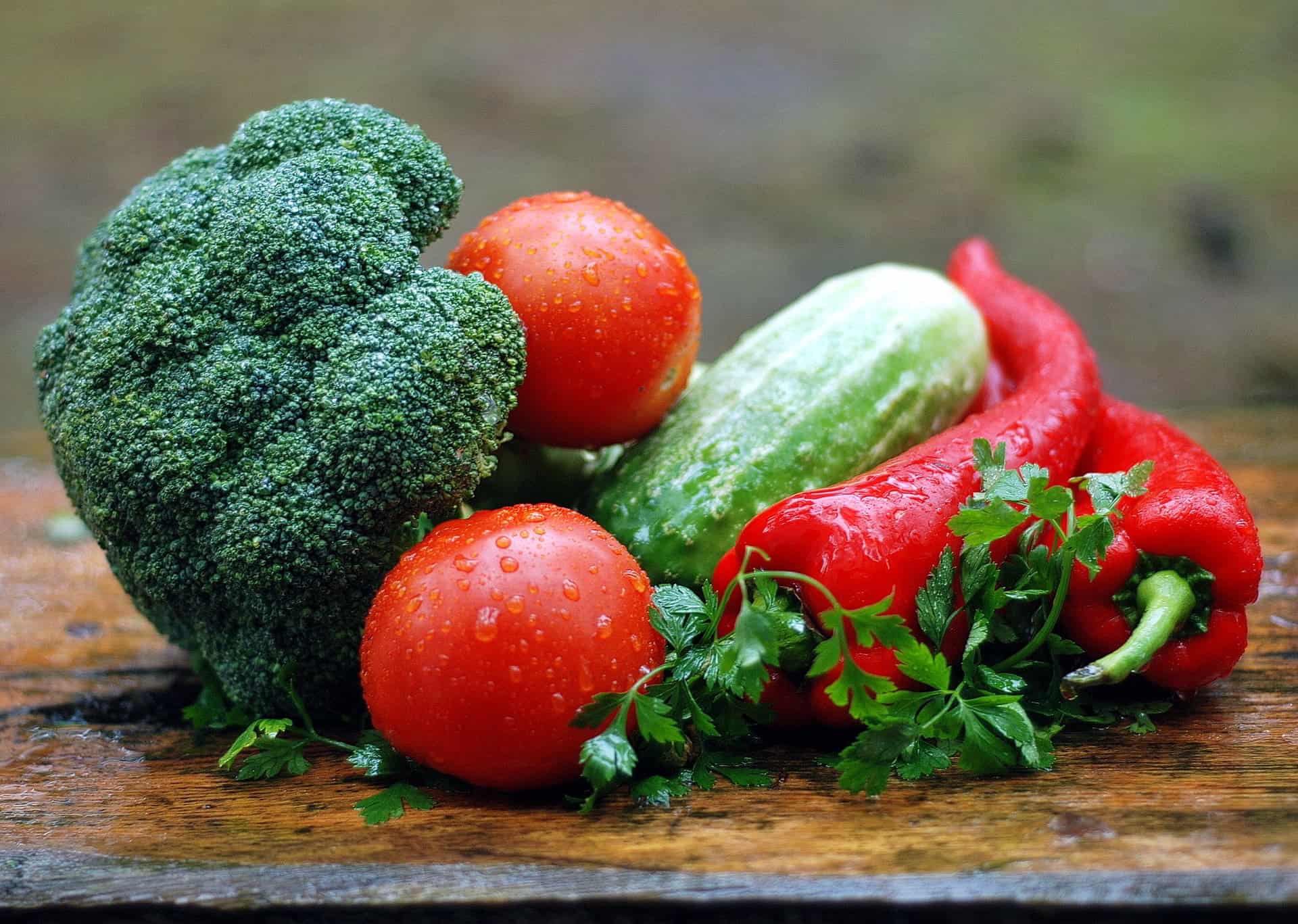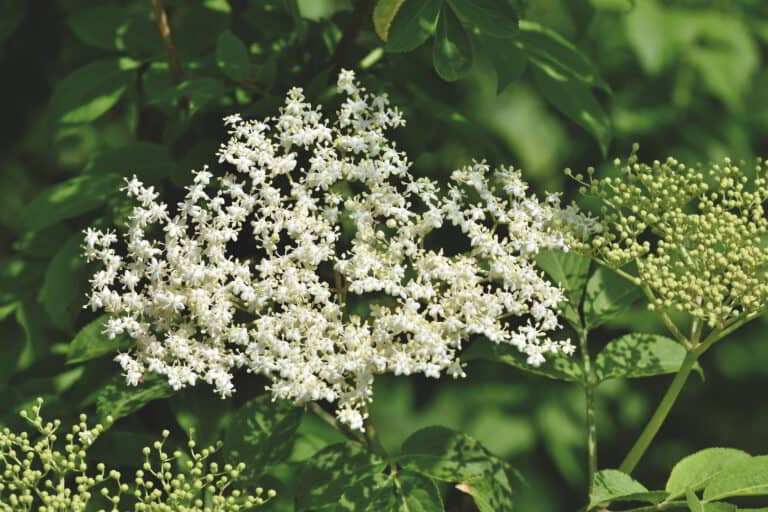The Vital Role of Food as Medicine: Its Influence on Longevity
Discover how food as medicine contributes to longevity. Explore the impact of diet on health and lifespan, and learn to integrate nourishing foods into your lifestyle.
Introduction
The adage ‘food as medicine’ embodies a profound truth. Our diet profoundly influences our health and longevity. Embark on this enlightening journey as we explore how food can serve as a powerful medicine and the pivotal role it plays in promoting longevity. Understand the relationship between nutrition and health, and equip yourself with the knowledge to make life-enhancing dietary choices.
The Connection between Diet and Health
Our diet is more than just a source of energy—it’s a critical determinant of our overall health. Nutrient-dense foods provide the essential vitamins, minerals, and antioxidants that our bodies need to function optimally. Conversely, a diet laden with processed foods, high in unhealthy fats and sugars, can lead to various health complications, including obesity, diabetes, heart disease, and certain types of cancer. Understanding this link between diet and health forms the foundation of using food as medicine.
“Let food be thy medicine and medicine be thy food.” – Hippocrates.
Opt for nutrient-dense foods to fortify your health and vitality.
Impact of Diet on Longevity
Diet has a profound impact on lifespan, with research consistently linking a healthy diet to increased longevity. Nutrient-rich diets, like the Mediterranean diet rich in fruits, vegetables, whole grains, lean proteins, and healthy fats, have been associated with reduced risk of chronic diseases and extended lifespan. On the flip side, diets high in processed foods, saturated fats, and sugars have been linked to shortened life expectancy.
“The doctor of the future will no longer treat the human frame with drugs, but rather will cure and prevent disease with nutrition.” – Thomas Edison.
Invest in your future health and longevity by choosing a nutrient-rich diet.
Food as Medicine: Practical Strategies
Utilizing food as medicine requires practical strategies that can be integrated into everyday life. Adopting a balanced diet, rich in fruits, vegetables, whole grains, lean proteins, and healthy fats is a fundamental step. Equally important is minimizing the intake of processed foods, saturated and trans fats, and added sugars. Mindful eating, a practice that involves savoring each bite and listening to hunger cues, can also play a significant role in maintaining a healthy diet.
“Your diet is a bank account. Good food choices are good investments.” – Bethenny Frankel.
Make good food investments for your health and longevity.
Personal Anecdote
Let me share a personal story about my grandmother. She lived to the ripe old age of 99 and remained healthy and vibrant until her final days. Her secret? She firmly believed in the power of food as medicine. Her diet was simple, comprising mostly home-grown fruits, vegetables, and whole grains, along with lean proteins from fish and poultry. Processed foods were virtually non-existent in her pantry. Instead, she cherished the art of preparing meals from scratch, infusing each dish with love and care. Her life is a testament to the role of diet in promoting longevity, and her legacy continues to inspire our family’s dietary choices.
Conclusion
Food as medicine isn’t just a concept—it’s a lifestyle that can significantly enhance our health and longevity. A balanced, nutrient-rich diet forms the cornerstone of this lifestyle, acting as a powerful medicine that supports our overall well-being. As we strive for longevity, let’s remember that our daily food choices are an investment in our future health.
Reader’s Takeaway
Food as medicine is a vital approach towards longevity. A diet rich in nutrients supports health and extends lifespan, while processed foods can lead to health complications. By adopting a balanced diet and mindful eating, we can utilize food as our medicine, enhancing our health and longevity.
FAQs
What is the connection between diet and health?
Answer: The connection between diet and health is profound. Nutrient-rich foods provide essential vitamins, minerals, and antioxidants, promoting optimal health. Conversely, a diet high in processed foods, unhealthy fats, and sugars can lead to various health complications.
How does diet impact longevity?
Answer: Diet significantly impacts longevity. A healthy, balanced diet rich in fruits, vegetables, whole grains, lean proteins, and healthy fats is associated with reduced risk of chronic diseases and extended lifespan. Unhealthy diets high in processed foods and saturated fats can shorten life expectancy.
What does it mean to use food as medicine?
Answer: Using food as medicine means adopting a balanced diet rich in nutrients to maintain health and prevent disease. It involves making conscious food choices that support overall well-being, with the understanding that our diet is a critical determinant of our health.
How can we integrate the concept of food as medicine into our daily lives?
Answer: We can integrate the concept of food as medicine into our daily lives by adopting a balanced diet, reducing the intake of processed foods, saturated and trans fats, and added sugars, and practicing mindful eating. Regular physical activity and adequate hydration are also essential.
What is mindful eating and how does it contribute to health and longevity?
Answer: Mindful eating is the practice of paying full attention to the experience of eating, savoring each bite, and listening to hunger and fullness cues. It contributes to health and longevity by promoting healthier eating habits, reducing overeating, and fostering a better relationship with food.
*** Keywords:*** Food as medicine, diet and health, diet and longevity, balanced diet, mindful eating, nutrient-dense foods, longevity, healthy food choices.
References
- Mayo Clinic
- American Dietetic Association
- National Institute on Aging
- The New England Journal of Medicine
- World Health Organization
- British Medical Journal
- Healthline
- American Journal of Clinical Nutrition
- Journal of the American College of Nutrition
- Nutrients Journal






